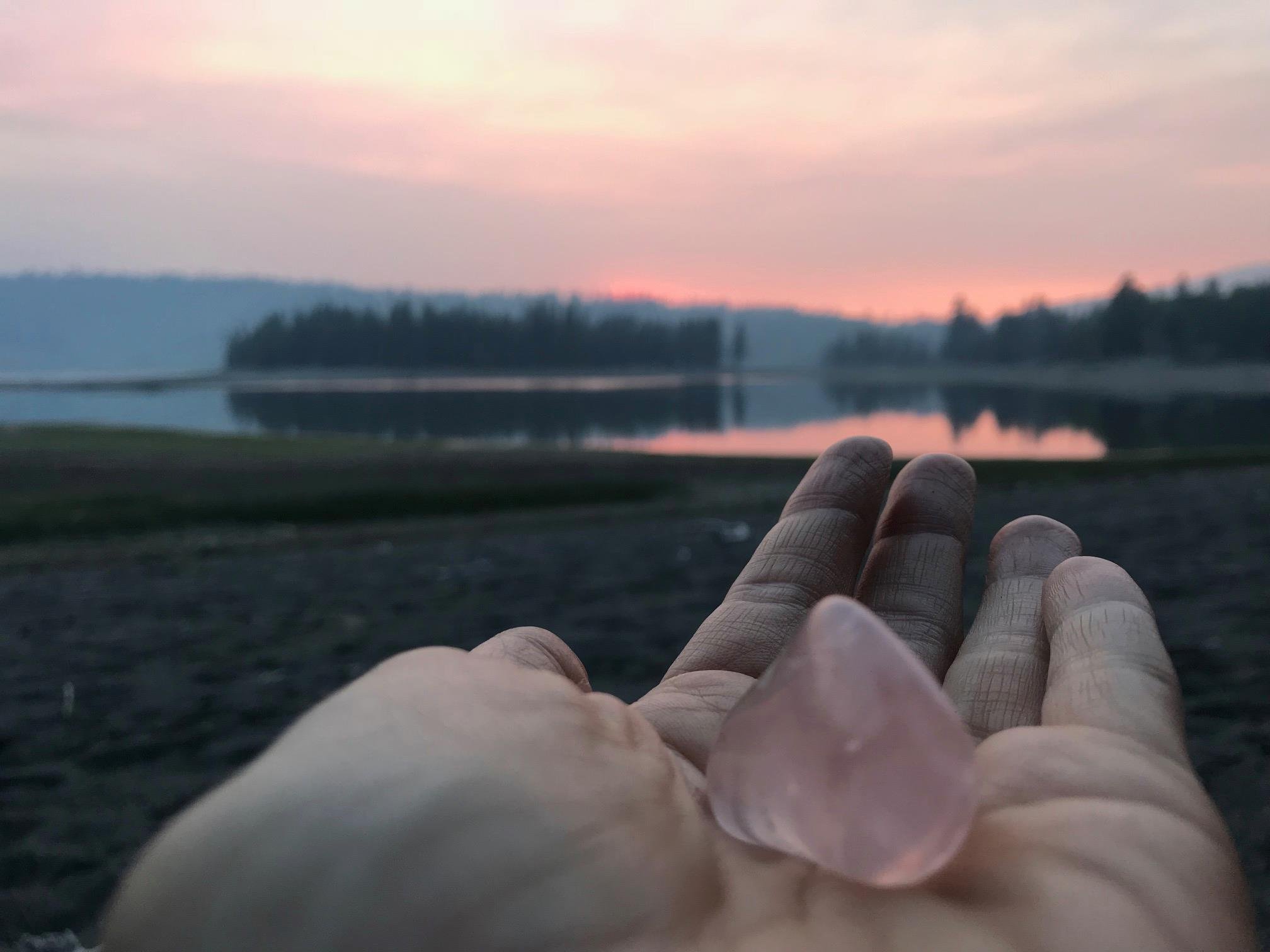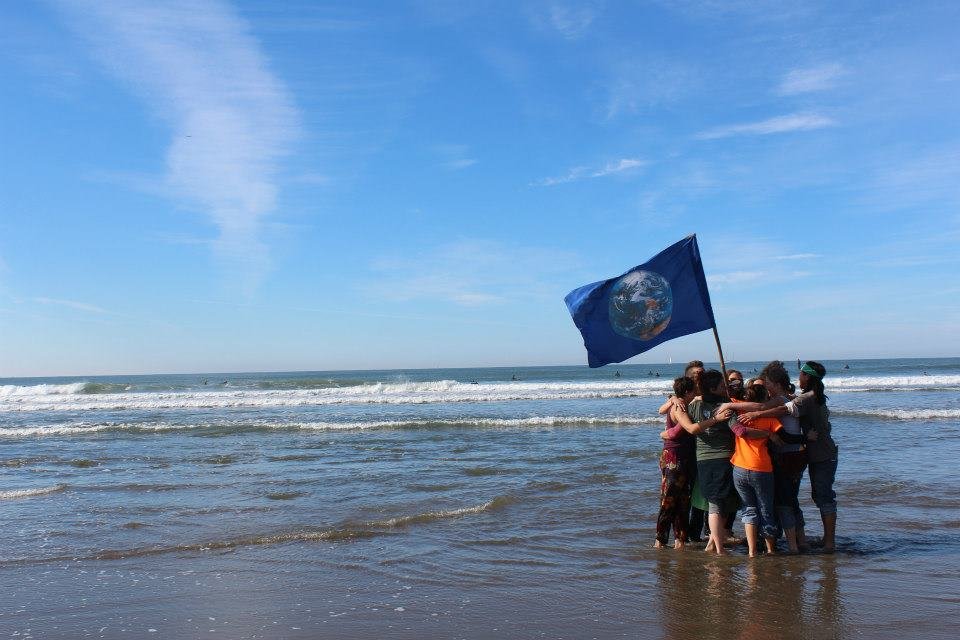Climate-Aware Therapy, Groups, and Workshops for Teams
As a former climate-activist turned therapist, I care deeply about the future of our planet and the more than human world. I am dedicated to helping people facing the climate crisis and the many other intersecting crises of our times cope with change, anxiety, uncertainty, and loss, and find emotional resilience.
I offer:
Emotional resilience & coping workshops for teams of professionals working on the frontlines of the climate crisis
Climate-aware individual therapy for deep-feelers of eco anxiety and grief
A group for women to move through feelings around the climate crisis with resources, tools, and community support
For environmentalists, activists, researchers, policy makers and advocates, educators, concerned parents, medical and mental-health providers, and others confronting climate change in their lives and work.
It is normal (and dare I say healthy!) to feel big feelings about the climate crisis
The climate crisis is the greatest existential threat that humanity has ever known. It is completely normal and reasonable to feel avoidant, in denial, anxious, afraid, paralyzed, guilty, hopeless, or despairing about it and the future of our planet. The question is, can you use these feelings for your own good, and humanity’s good?
If you are someone who used to feel hopeful and engaged, but is now feeling despairing and disconnected; If you feel the urgency of the climate crisis and the loss of the natural world deeply, and often feel alone in your feelings about it; If you find yourself holding back on talking about it with others for fear of being judged as a downer, dismissed, or confronting others dissociation or denial, I get it and I am with you. I am here to support without judgement, and without pathologizing you.
It is more important than ever to honor these feelings so that we can find acceptance of the climate crisis as it is, and renewed energy for engagement and action to address it.
In climate-aware therapy, I support with:
Expressing and honoring your climate-feelings
Tools for emotional self-regulation
Practices to help calm climate-anxiety and fear
Helping you find a sense of purpose and connect to who you wish to be in the midst of this unfolding crisis
Finding replenishing activities for pleasure and enjoyment of life
Connecting with the earth and more than human world, and to your interdependence with all of life, through eco-therapy
My story
My journey into climate activism began at age 8, when I first watched An Inconvenient Truth and urgently asked the adults around me, “How did this happen—and why aren’t we fixing it?” Their silence lit a lifelong fire in me.
In high school and college, I became a political activist—protesting fossil fuel expansion, advocating for climate justice, and organizing for systemic change. After graduation, I walked across the U.S. on a zero-waste eco-tour, collecting trash and engaging communities in environmental action. Over the next decade, I worked in climate policy and sustainability—on Capitol Hill, in local government, universities, and grassroots nonprofits—focusing on clean energy, climate planning, waste reduction, and ecological restoration.
My curiosity about what drives people—not just systems—led me to train as a therapist. I became increasingly interested in the emotional and relational roots of ecological collapse, and how healing our disconnection from each other and the earth can support deep transformation.
Today, I support individuals and couples as a psychotherapist, and I facilitate groups exploring ecological grief, resilience, and activism. I lead a Women’s Climate Group and have hosted climate cafes and grief rituals across California and online. I’m also a proud member and volunteer with the Climate Psychology Alliance of North America.
At the core of my work is this belief: we cannot solve the climate crisis without healing our relationships—to ourselves, to each other, and to the living world. When we remember our entanglement with all life, we can move from disconnection toward reciprocity, connection, and repair.
Resources
Climate Emotional Resilience Institute (CERI) List of Books,
Podcasts, Videos, ReportsMental Health & Our Changing Climate: Report by the
American Psychological AssociationGood Grief Network: Support Groups for Eco-Anxiety
& Climate GriefGeneration Dread: A book & newsletter about staying
sane in the climate crisis




